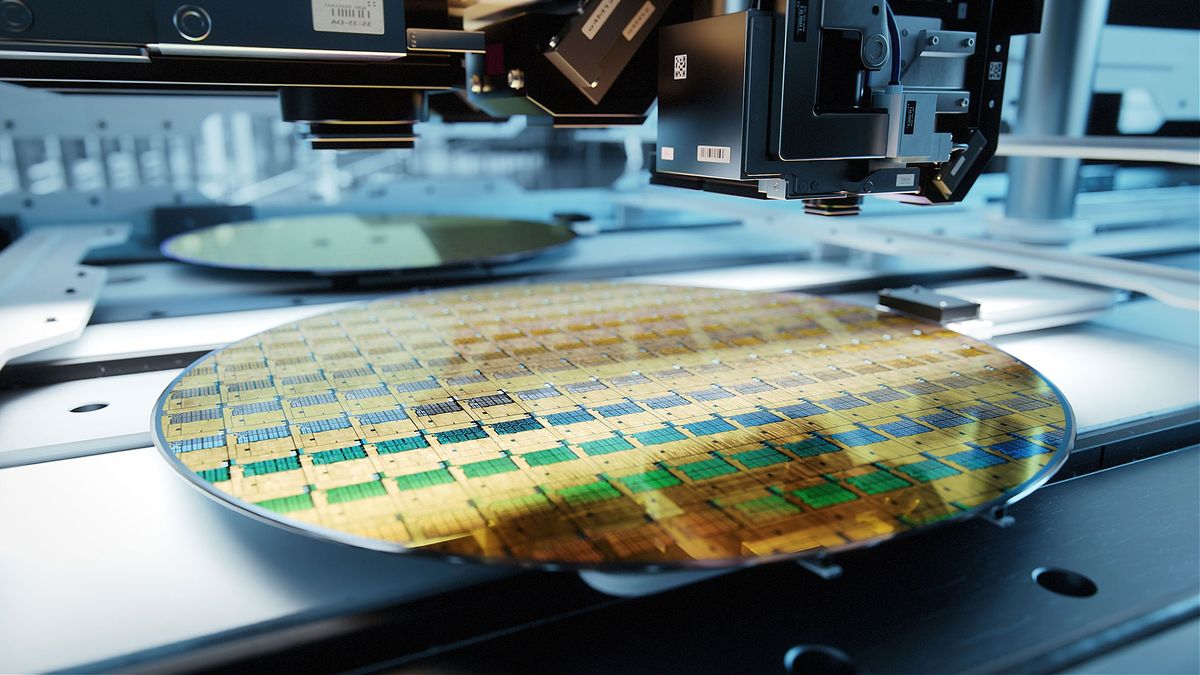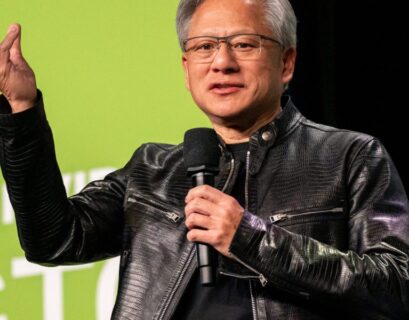Masayoshi Son, the visionary behind SoftBank Group, is embarking on an ambitious endeavor to secure $100 billion for a cutting-edge chip project named Project Izanagi. This initiative aims to challenge Nvidia in the realm of artificial intelligence processors, as per sources familiar with the situation cited by Bloomberg. Son envisions Project Izanagi playing a pivotal role in advancing artificial general intelligence (AGI) to a level where machines surpass human cognitive abilities.
The project is designed to complement SoftBank’s Arm Holdings, renowned for its prowess in designing processor architectures. However, it remains uncertain whether the AI processors developed under Project Izanagi will leverage technologies like the instruction set architecture (ISA) pioneered by Arm. Additionally, the coexistence of this venture with Arm’s purported efforts to craft reference chip designs for diverse workloads poses an intriguing question. Notably, the project’s moniker, inspired by the Japanese deity of creation and life, underscores Son’s grand vision for the undertaking.
Challenging Nvidia, a dominant player in the field, poses significant hurdles. The company not only boasts a talented pool of hardware engineers and competitive hardware but also wields the widely prevalent CUDA software stack—a legacy that has evolved over 16 years.
Project Izanagi represents a focal point in Son’s overarching AGI strategy, with his sights set on achieving this milestone within the coming decade. Despite encountering setbacks in his startup ventures, Son remains steadfast in his advocacy for AI adoption, foreseeing a future imbued with enhanced safety, health, and happiness through AI technologies. His fervor for AGI is palpable, as evidenced by his admonition to Japanese enterprise clients to embrace AI to stay ahead in the ever-evolving technological landscape.
Son’s resolute belief in the imminent reality of AGI is encapsulated in his statement to Bloomberg, where he asserts his conviction that AGI will materialize within the next decade, a sentiment not universally shared among AI experts. SoftBank’s robust financial standing, with ¥6.2 trillion (\(41 billion) in cash reserves as of December 31, positions Son to inject \)30 billion from SoftBank into the project, with the potential for an additional $70 billion from Middle Eastern financial entities. The funding specifics and operational strategies are still in flux, indicating that the project’s trajectory may undergo further refinement as plans crystallize—a hallmark of Son’s dynamic investment approach marked by sudden shifts in direction.
It is worth noting that this venture is distinct from any potential collaboration with OpenAI’s Sam Altman, despite discussions between Son and Altman regarding a prospective partnership in semiconductor manufacturing.









